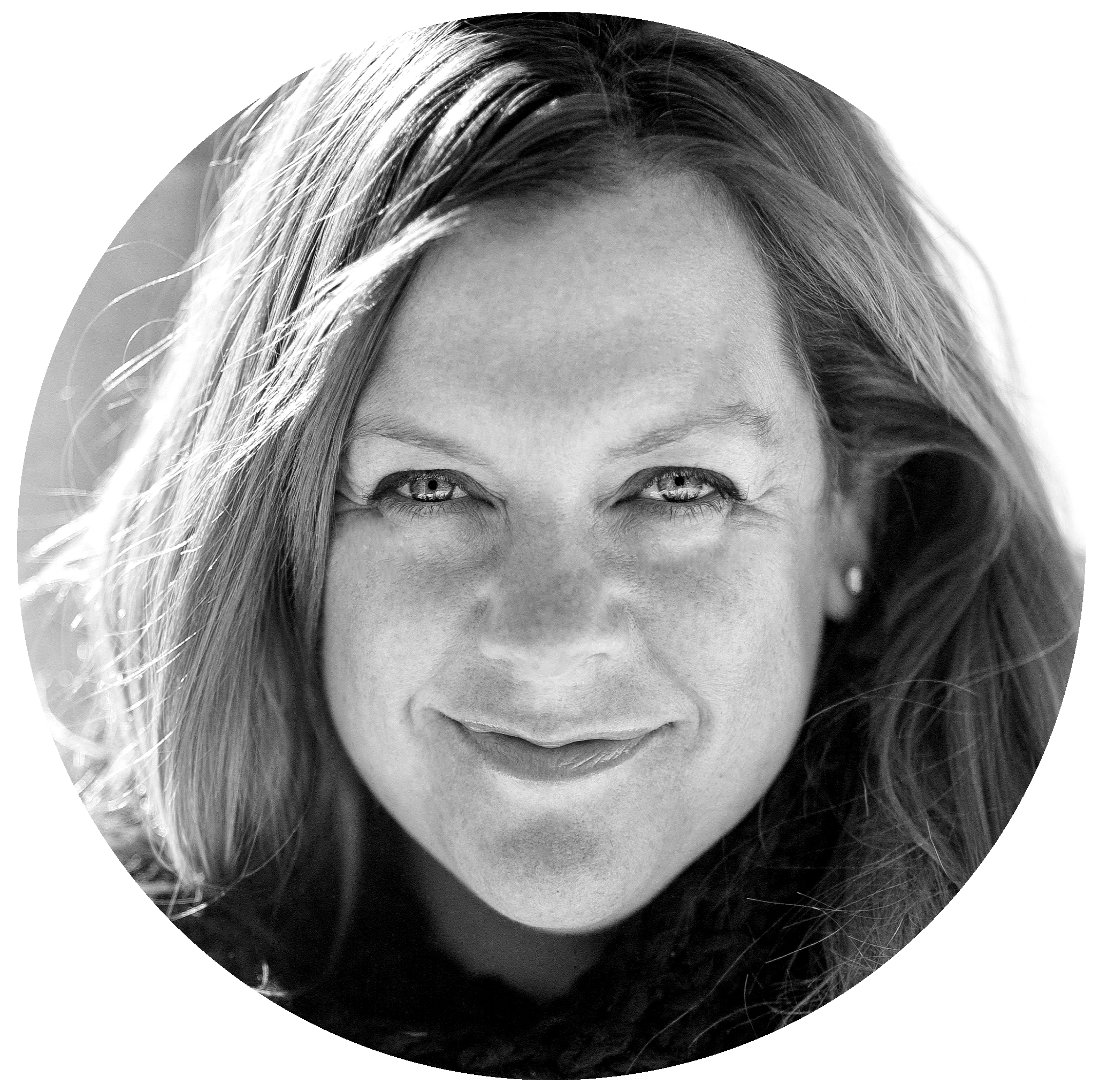It's time to get rid of Breast Cancer Awareness Month
Awareness isn't the problem. Affordable treatment is.

When September graduated into October yesterday, bubblegum pink was automatically added to the annual autumn repertoire that also includes falling leaves and all things pumpkin-spiced. From T-shirts to tomato packages to the 50-yard line on NFL fields, Breast Cancer Awareness pink is the perennial runner-up color of fall.
Surely, this annual 31-day period spotlighting breast cancer is a good thing, right? What could be wrong with raising awareness for one of the most common and deadly diseases afflicting women? The simple answer is, of course, that there's no harm in reminding women to get their breasts examined. But the quandary with Breast Cancer Awareness Month is that it's entirely misdirected. Awareness is not what's needed most. Instead, we need affordable and accessible treatment, which can be all too difficult to come by for many breast cancer patients.
It's safe to assume that pretty much all women already know they have breasts, and that after a certain age, those breasts require regular cancer screenings. The problem is that too many women can't afford a screening or don't know where to get an affordable one. And if their screening turns into a cancer diagnosis, the cost of surgery, reconstruction, chemotherapy and radiation, childcare, and lost wages can easily balloon to six or seven figures. Wrapping goods in pink accomplishes next to nothing — that is, unless you count furthering a misguided belief that buying pink is all you need to ease on down an enchanted road where a breast cancer antidote is magically waiting at the end.
The Week
Escape your echo chamber. Get the facts behind the news, plus analysis from multiple perspectives.

Sign up for The Week's Free Newsletters
From our morning news briefing to a weekly Good News Newsletter, get the best of The Week delivered directly to your inbox.
From our morning news briefing to a weekly Good News Newsletter, get the best of The Week delivered directly to your inbox.
The harm in dedicating buckets of money every October during Breast Cancer Awareness Month to reminding women to do the thing they already know they need to do means we're missing the live target, which is women for whom just a screening is too expensive (not to mention the emotional slight felt by some patients whose metastatic cancer cannot be cured). Depending on where you live, whether you have insurance, and how good your plan is, a basic mammogram can range from no charge at all, to more than $600. If something's deemed not right, the next step could be genetic testing, a diagnostic mammogram, stereotactic biopsy, ultrasound, or MRI, which can range in prices from $750 to over $5,000. The sticker shock of just the basic screening for breast cancer alone could understandably trigger voluntary amnesia in an under- or uninsured woman when it's time for her annual boob-squishing appointment.
The other problem is that it's not guaranteed the money you spend on all that pink stuff actually goes toward curing breast cancer. In 2011, Marie Claire estimated that more than $6 billion is raised annually for the purpose of breast cancer awareness, which is an impressive number. Dig a bit deeper, though, and you'll learn that in most cases, only a single-digit percentage of the money amassed for this cause actually goes towards cancer research. ESPN once calculated, for instance, that for every $100 spent on all the pink NFL merchandise available during fall, only $8.01 of it ends up in the hands of scientists aiming to find better treatments and a cure.
Obviously there's a reason breast cancer is big business: It's incredibly common. The Centers for Disease Control and Prevention says breast cancer is diagnosed at a rate more than double that of lung cancer, the next most-common cancer in women. The American Cancer Society estimates more than 316,000 people will receive a breast cancer diagnosis in 2017, and 40,610 will die from it. And this gets more to my point: Almost everyone knows someone who has battled this disease. Awareness is not the issue. What truly plagues patience is the sheer cost of preventative screening and post-diagnosis treatment.
Once upon a time, the Susan G. Komen organization gave tons of money to hospitals and clinics, including Planned Parenthood, for financially strapped or indigent women to receive low- or no-cost breast cancer screenings. However, five years ago, Komen stepped out of its lane, picked an ill-advised fight over abortion with Planned Parenthood, and stopped funding their screening programs. Following an immediate and deafening backlash, Komen quickly reversed that decision, albeit not quick enough to stop support from hemorrhaging. Donations and corporate sponsorships to Komen fell dramatically, which meant many women hoping to save second base suffered an even greater risk of getting tagged out before rounding first. It's unclear if donations to Komen will ever rise to the same pre-Planned Parenthood-brouhaha levels again.
A free daily email with the biggest news stories of the day – and the best features from TheWeek.com
Komen and other 501(c)(3) organizations, along with corporate sponsors like Avon, Chevrolet, King Soopers, Delta Airlines, and Estée Lauder, have done an exceptional job of branding breast cancer in an easy shade of bubblegum pink. They march, run, and walk; negotiate marketing and product placement deals; get prime coverage on cable news programs; hand out pink-washed key chains and refrigerator magnets on every corner; and hashtag like a boss. We get it: #CancerSucks.
However, as über-TV producer Shonda Rhimes once said, "A hashtag is not a movement. A hashtag does not change anything. It's a hashtag. It's you, sitting on your butt, typing into your computer and then going back to binge watching your favorite show."
The same can generally be said for wearing or buying pink. It would be lovely if a pink ribbon or T-shirt could cure breast cancer through osmosis. However, even lovelier — and more effective — are meaningful endeavors. Awareness alone won't cure or treat breast cancer. On the other hand, tangible actions to fund research and help women pay for screenings and treatment just might.
The focus needs to shift away from dyeing stuff pink in October, and toward the year-round effort of helping fewer people die or go broke trying to stay alive.
Meredith C. Carroll is an Aspen, Colorado-based writer and award-winning op-ed columnist. She contributes regularly to Disney's Babble.com, Mom.me, and The Aspen Times. Her work has also appeared in publications including The Denver Post, The Washington Post, The New York Times, Town & Country, and Condé Nast Traveler. In 2015, Meredith established a line of irreverent greeting cards, Special Oddcasions.
-
 Child-free train carriages: has push for adults-only spaces gone too far?
Child-free train carriages: has push for adults-only spaces gone too far?Talking Point Under-12s ban on premium commuter train carriages in France sparks backlash across the political divide
-
 The best family board games
The best family board gamesThe Week Recommends Put down the smartphones and settle in for some old fashioned fun
-
 Dive right into these 8 underwater adventures
Dive right into these 8 underwater adventuresThe Week Recommends It’s time to make a splash
